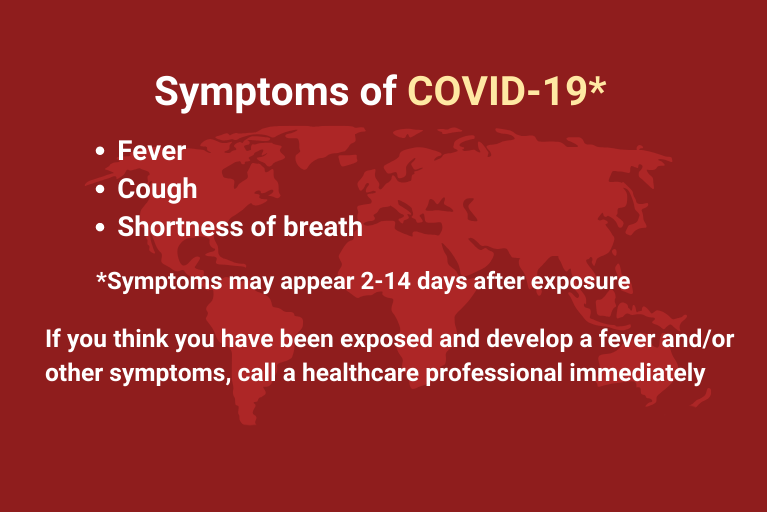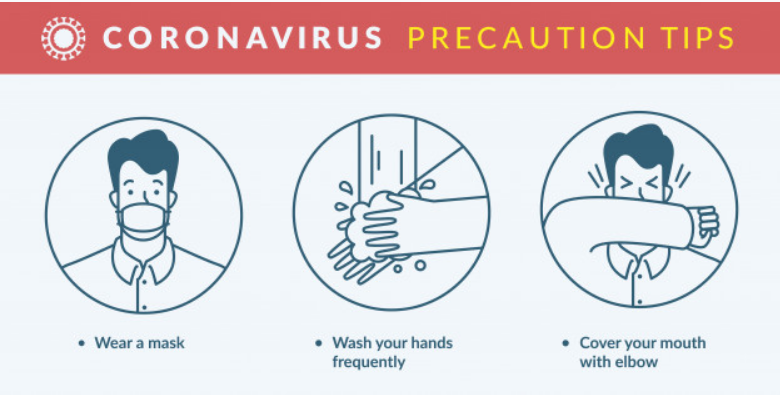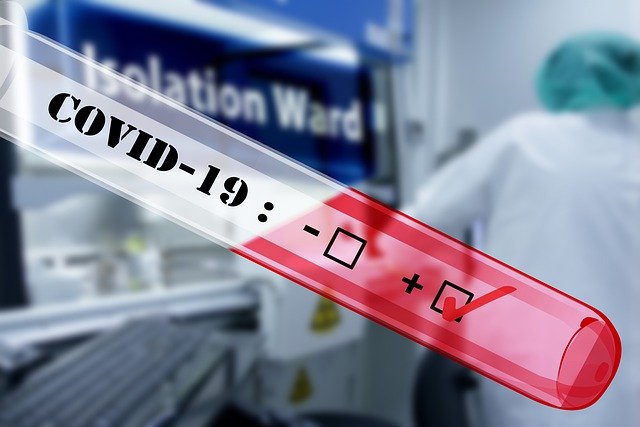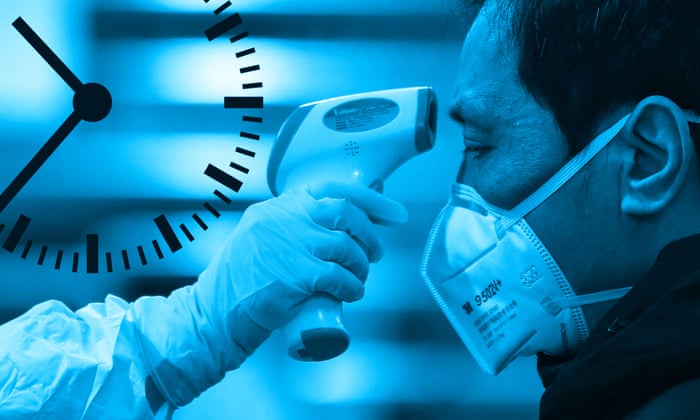What really is coronavirus (COVID-19)?
Coronavirus is a new strain of a large family of viruses whose origin and history is still a dilemma for investigating researchers. However, it has infected the human body for the first time in Wuhan (a city of China) in December 2019. Since then, it has become a pandemic in the whole world. According to the World Health Organization (WHO), this pandemic has affected every country in the world.
Coronavirus is not a specific type of virus; rather it’s a family whose similar shape exists around the globe. USA is on top of the list of countries with the largest number of affected people with coronavirus (COVID-19). Pakistan is not far behind in the list, and it is on around 30th rank. These statistics are based on known cases in Pakistan; however, according to experts (including Dr. Atta Ur Rehman), there are several unknown and unreported cases as well that are not identified yet in Pakistan. The data is based on only 10,000 tests carried out in Pakistan so far, as we have a lack of testing facility. So, the real figure of people in Pakistan affected by coronavirus might be outside imagination.
What are the major symptoms of being affected by coronavirus? (Alarming signal)

It is quite hard for a person to get detected earlier than 14 days since the virus enters the human body. However, major symptoms might help you to decide whether you should test for this. Major symptoms of COVID-19 include but are not limited to:
- Cough (Usually dry cough)
- Fever
- Cold
- Trouble in breathing
Whenever you see any of these symptoms for around 14 days, consult your doctor immediately and avoid further interaction with other people.
What’s the risk?
The major risk of coronavirus includes the following:
- It spreads 3 times as fast as ordinary influenza among people via interaction.
- Its vaccination is not yet developed.
- The major known source of spreading coronavirus is the person who carries this.
- Within an alarming distance (around 2 meters)
- Through cough or sneeze
- The main entrance hub of the coronavirus inside the human body is either via the nose or the mouth.
- People older than 60 years of age and those having diabetes, heart or lungs related illnesses are at high risk of developing severe complications by this life-threatening virus.
What are the precautions to prevent further spread of Coronavirus?
You can protect yourself by taking the precautionary measurements as follows:

- Wash your hands frequently with soap or antibiotic hand wash liquid.
- Wash hands only after using soaps over hands for 20 seconds
- Use your personal towel or tissue paper that should not have been used by anybody else before.
- Spray sanitizer containing 70% alcohol on those areas that are prone to high chances of touching hands such as door handle or lock.
- Don’t touch your hands with eyes, nose, and mouth especially when it needs handwash.
- Never touch sick people without proper protective covers on your hands and N95 mask over your nose and mouth.
- People who are sensitive to allergies and have poor lungs are strongly advised to keep a significant distance from other people.
What if coronavirus becomes widespread in your area?
If this virus becomes pandemic in your area, you must be careful and follow some guidelines as stated below that will protect you from the danger:
- Stay home, stay safe!
- Cover your mouth with protective masks (N95 mask recommended).
- Wash your hands with soap or hand sanitizer after every 2 hours.
- Use sanitizer spray with 70% alcohol solution to clean all door opening handles, electric switches,
Is wearing a mask always needed?

Those who don’t have any symptoms of COVID-19 attack may not wear any mask. In fact, an ordinary mask cannot guarantee to protect you from such a virus. However, N95 9001V mask with filter helps protect against 95% viruses and is handy for a healthy person who can keep it wearing. Those who test positive are highly advised to wear any type of mask so that other people will have less chance of being affected. So, you must always wear a mask if you are sick.
What if your test comes positive for COVID-19?

When you feel any of the symptoms of the COVID-19 attack, you must have a test for this immediately, before it’s too late. If your test results are positive, don’t panic. The death rate is hardly greater than 4%. So, it is imperative to keep calm. Your nervousness will adversely affect your immune system, which is the only remedy to fight against such invaders inside your body. Just do the following to avoid any serious situation:
- Stay calm, and don’t panic! Your immune system is your best friend in fighting against the intrusion of the external body inside you.
- Consult your doctor immediately and follow the instructions.
- Otherwise, Governor Punjab (Ch. Muhammad Sarwar) has launched “Governor Punjab Anti-Corona Helpline” to restrain the spread of COVID-19 in Punjab. You may call on 03041112101, which is linked with 150 phone lines, and you may call round the clock.
- Focus on your healthy diet that strengthens your immune system.
- Use warm water frequently that can be used as green tea. You are encouraged to add lemon drops within the cup of the green team.
- Take steam frequently and stay confined to a specific room. Just as influenza takes its time, COVID-19 also takes some time to become obsolete inside your body.
How much is the recovery time of a coronavirus patient?

There are no specific days for recovery, as things depend on the severity of the infected person. Also, how quickly your immune system would realize this attack of antibodies and start fighting against COVID-19. Remember that there is no antibiotic, which can kill this virus. Only the immune system can be handy against this virus attack. It may take a minimum of 2-3 weeks or even months to get fully recovered; time of recovery depends on how severe it has attacked and how your immune system responded to that attack.
When Coronavirus becomes severely dangerous?
The death rate around the globe is around 4.5%. However, the death rate due to COVID-19 in Pakistan is hardly above 1%. So, it is quite rare for us to have any serious stage. In such a rare situation, the virus becomes deadly. This situation is largely found among those people whose immune system is too weak to fight against any virus attack. Especially patients with diabetes or heart-related problems and people who have poor lung functions are prone to have a deadly attack of coronavirus.
Bottomline
In conclusion, you must stay at home to get rid of this deadly virus, which spreads blindly. Avoid interaction with people coming from outside of your home. Keep a safe distance of at least 2 meters from other persons. Avoid handshakes and hugs. Wash your hands frequently and spray all frequently used areas with sanitizers including 70% alcohol solution. If you still test positive, don’t panic. You will have around 99% chances of recovery in Pakistan. Just stay at home and follow the advice from your doctor or the helpline.
You must call on helpline 03041112101 for any emergency!




